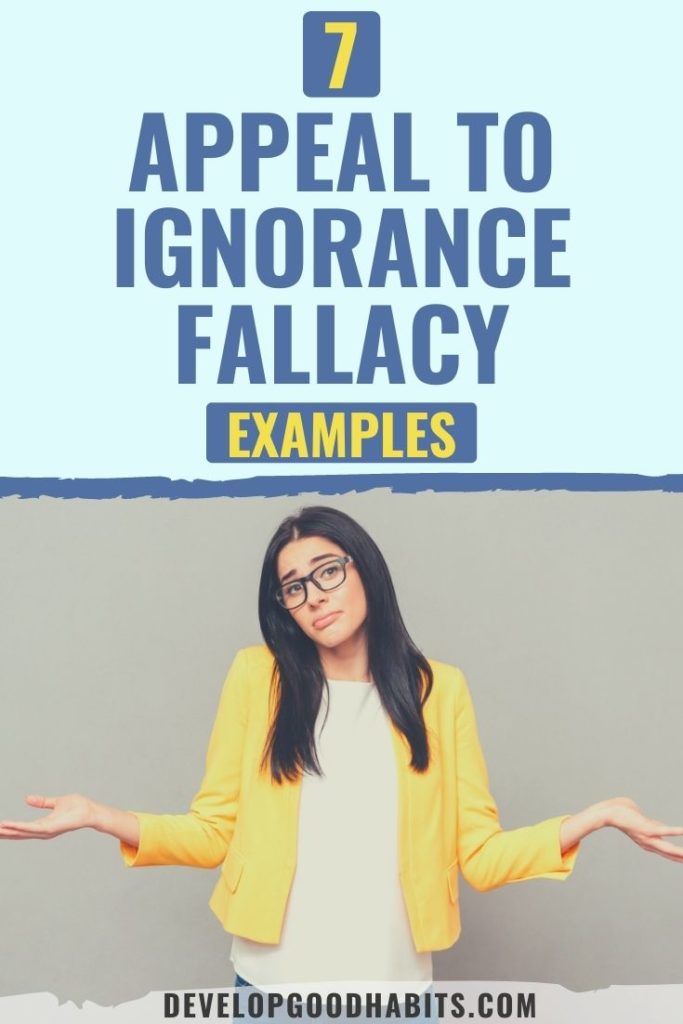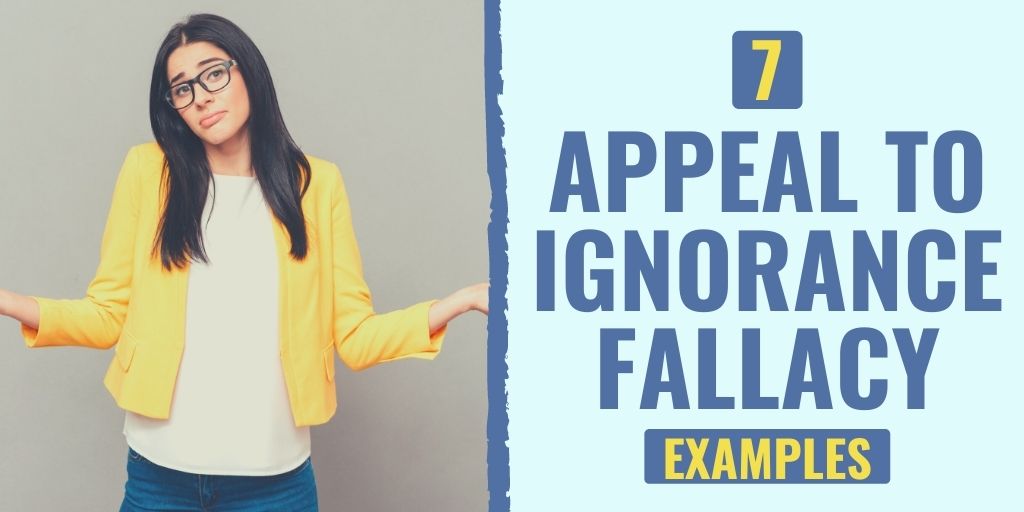There might be affiliate links on this page, which means we get a small commission of anything you buy. As an Amazon Associate we earn from qualifying purchases. Please do your own research before making any online purchase.
One common thing I hear people say (and I tend to believe myself) is, “No news is good news.”
I was recently proven wrong by this saying when I spoke with a good friend of mine for the first time in several weeks. It’s not that we had lost touch–we are just both so busy with parenting little ones, working full time jobs, and generally scouring the depths of the ocean searching for one iota of quiet time to have to ourselves.
Come to find out, something was going very wrong with her. Her 10-month-old daughter had a health-related emergency a few weeks ago that has now required her to quit her job and stay at home full-time to care for her.
Although this was simply an assumption I was making and not an argument I was having with another person, I mistakenly assumed the absence of evidence of something going on in her life was evidence of absence.
I was also committing an appeal to ignorance logical fallacy.
Like other faulty methods of reasoning, an appeal to ignorance is often used to sway someone’s opinion in a desired direction. However, it lacks the critical evidence that it needs in order to be a “real” argument. So in this article, we will take an in-depth look at the definition of this logical fallacy, and then we will review seven examples of this faulty reasoning that you may come across in everyday life.
Let’s start by defining the appeal to ignorance fallacy.
What Is the Appeal to Ignorance Fallacy?
When someone is making an appeal to ignorance, they’re trying to convince another party to accept a conclusion based on speculation rather than evidence. Instead of using facts to support a claim, they’re shifting the burden onto someone else to prove whatever they’re saying is not true.
Because of the nature of this argument, it is often used in regards to subjects that can’t easily be proven wrong or right. People who commit this logical fallacy do so by making a leap from a claim based on a lack of knowledge all the way to a positive and absolute conclusion. However, just because we don’t know how to disprove something does not mean that it’s either true or false.
Appeal to ignorance arguments look like this:
No one has been able to prove X is false, therefore, X might be true. Since we should keep an open mind about X, we can conclude that it’s reasonable to recognize X is true.
As you can see when this argument plays out, the way it is phrased requires the other person to agree with whatever the speaker is saying…or give proof that shows otherwise. Basically, the speaker is saying: X is true because we can’t prove it’s false, and we will agree that X is true until you can present evidence suggesting otherwise.
This argument doesn’t ask for anyone else’s opinion. It doesn’t invite questions. It is essentially a judgement statement that closes the other person off from expressing anything they want to say. It implies that the discussion is over–when actually, the other person hasn’t been able to get a word in.
Let’s take a look at some examples of how this can play out.
7 Appeal to Ignorance Fallacy Examples
1. Homeopathic Remedies
The appeal to ignorance fallacy is often used when talking about homeopathic remedies and hard-to-treat health issues. While a homeopath may admit science has yet to find proof that alternative treatments work, they will also argue that homeopathic remedies haven’t been proven to be ineffective either.
Why would someone offer placebo sugar pills to a child with behavioral problems? According to the appeal to ignorance fallacy, because the absence of evidence does not prove evidence of absence (in this case, absence of benefits).
And, as long as the “opposing” person can’t prove that the treatment doesn’t work, people will give it “the benefit of doubt” on the off chance that it does work–and since it’s been used for such a long time in history. However, the benefit of the doubt is not given in western medicine to unproven treatments; unless a treatment has sound proof that it can offer more benefit than potential harm, it’s kept off the market for safety reasons.
But in alternative medicine, as long as the treatment hasn’t been proven to be ineffective, it’s assumed to help. The burden of proof here is certainly passed over, as anyone who objects to this notion has to prove why said treatment does more harm than good. But consider the risk involved in this and the potential danger it poses to people’s health.
2. Children’s Beliefs
In some countries in places like the Middle East, Asia, and Africa, children are recruited at young ages into their nation’s army. While enlisted, they’re taught to believe that people from other countries are bad and should be killed. Because the children have no one telling them otherwise and they grow up with these beliefs being instilled in them, their ignorance is taken for granted, as they’re brought up believing a very subjective opinion is the truth.
Plus, part of the reason this argument is so powerful is that it is often used very aggressively to forcefully drive people to make conclusions and form opinions that aren’t warranted–especially with the lack of evidence presented. And of course, as a child, you won’t question this “truth” that everyone around you believes, which makes this a compelling argument.
3. Ghosts
No one can definitely prove that ghosts don’t exist, so one may argue that ghosts exist because you can’t prove otherwise. Science has reported other possible explanations for ghostly encounters, such as experiencing sleep paralysis, hallucinations, and pareidolia. However, having other possible explanations for ghosts doesn’t prove that they don’t exist.
One thing about the appeal to ignorance that is clear in this example is that the appeal can be used to support opposite conclusions. This in itself shows that these types of appeals stem from flawed reasoning. Think about the opposing argument–ghosts exist/ghosts don’t exist– and the lack of evidence on both sides. But when this fallacy is used during a complex debate when the logical fallacy is not obvious, the faulty reasoning can be tougher to notice.
The existence of ghosts may sound like a wild claim to some, but if the claim is depending on a naysayer to offer proof that the statement is false, it can easily be gotten away with.
4. Assumptions
How many times have you thought something like, “I guess I didn't get the job. They never called me back.” This can be a limiting assumption because you’re convincing yourself of something because no one is telling you otherwise. In this case, you’re arguing with yourself because you’re missing the information you would expect to have that would be evidence saying you did get the job.
This line of thinking can be applied to a lot of assumptions, such as:
5. Free Will
As people, we have the freedom to choose between right and wrong. For centuries, philosophers, traditions, and historical figures have made the connection between goodness and freedom–noting that those who choose the right path will reap the benefits.
However, some people claim that all of our actions as humans are fated because no one can prove that we have free will. Maybe our actions and behaviors are shaped by influences that are outside of our control. Or, perhaps our brains are a physical system that we control just as little as we do the beating of our hearts. Or, looking at the influence of neural activity on human behavior, when researchers watch the firing of neurons that lead to certain actions over and over throughout one’s lifetime, does this make people’s behavior predictable?
Because the appeal to ignorance could be used for both sides of this argument, you can be sure that it has the potential to be used as this type of faulty reasoning.
6. Politics
When it comes to politics and policies, some people believe a policy is effective just because no one has said otherwise or stopped to question it. For example, let’s say a politician implemented a policy 100 years ago that mandated all teachers to wear red–and it was never questioned. If people blindly went along with this policy all these years later, newly elected politicians may think, “Citizens clearly favor this policy, and this policy is working. After all, I’ve never heard a single complaint since I became elected.”
In this case, the politician is assuming a lack of evidence showing people think this policy is pointless means just the opposite–that people value the policy. But it’s important to remember that an absence of evidence isn’t evidence of absence.
7. UFOs
“UFOs have definitely come to earth, because you can’t prove otherwise.”
This statement fails to offer any real evidence, it just points to the fact that we don’t know something or haven’t found any concrete proof against the claim. However, this doesn’t establish a positive determination that favors the position.
This example is an effective way to show that the appeal to ignorance is faulty because it could be used to support both sides of the argument:
If the same strategy can be used to support mutually exclusive claims, it’s not a logical argument.
This example also displays how this argument is often used in conjunction with shifting the burden of proof to the other person. The person making the appeal here is mistakenly assuming that the person they’re talking to is now obligated to prove the speaker wrong.
The assertion here puts the opposing party of the fallacy on the defense, which is illogical, because the original speaker should hold the burden of proof.
How to Respond
If you’re presented with an appeal to ignorance and you don’t have evidence to disprove the speaker, engage in some critical thinking after the conversation (and possibly some research) to learn the other side of the argument.
Think about when this has happened in the past, bringing scientific breakthroughs to light–such as the fact that the earth isn’t flat. The idea that the earth was flat was challenged by proof that said otherwise and the common belief was eventually changed. But, it’s true that it’s difficult to be able to change beliefs that have been around for decades or centuries, and some theories will never be testable–or at least not in our lifetime.
As a general rule, a good way to steer clear of making an appeal to ignorance in an argument is to focus on any available evidence instead of what a lack of evidence might suggest.
Think about your strong beliefs, and analyze whether they’re based on evidence or a lack thereof. It might surprise you how many of your beliefs don’t actually have solid proof aside from what you have heard to be true.
Learn About Other Logical Fallacies
- 5 Appeal to Nature Fallacy Examples in Media and Life
- 6 Outcome Bias Examples That Can Negatively Impact Your Decisions
- 7 Self-Serving Bias Examples You See Throughout Life
- 7 Omission Bias Examples That Negatively Impact Your Life
- 6 Authority Bias Examples That Might Impact Your Decisions
- 5 Burden of Proof Fallacy Examples
- 5 Appeal to Tradition Fallacy Examples in Life
- 5 Appeal to Authority Logical Fallacy Examples
- 7 False Cause Fallacy Examples
- 7 Appeal to Common Sense Logical Fallacy Examples
- 5 Post Hoc Fallacy Examples (and How to Respond to This Argument)
- Gambler’s Fallacy: 5 Examples and How to Avoid It
- 5 Appeal to Anger Fallacy Examples Throughout Life
- 7 Halo Effect Bias Examples in Your Daily Life
- 7 Poisoning the Well Examples Throughout Your Life
- 7 Survivorship Bias Examples You See in the Real World
- 7 Dunning Kruger Effect Examples in Your Life
- 7 Either Or (“False Dilemma”) Fallacy Examples in Real Life
- 5 Cui Bono Fallacy Examples to Find Out “Who Will Benefit”
- 6 Anchoring Bias Examples That Impact Your Decisions
- 7 Virtue Signaling Examples in Everyday Life
- 7 Cherry Picking Fallacy Examples for When People Ignore Evidence
- 9 Circular Reasoning Examples (or “Begging the Question”) in Everyday Life
- 9 Appeal to Emotion Logical Fallacy Examples
- 9 Appeal to Pity Fallacy (“Ad Misericordiam”) Examples in Everyday Life
- 9 Loaded Question Fallacy Examples in Life and Media
- 9 Confirmation Bias Fallacy Examples In Everyday Life
- 9 Bandwagon Fallacy Examples to Prevent Poor Decisions
- 5 Red Herring Fallacy Examples to Fight Irrelevant Information
- 9 Middle Ground Fallacy Examples to Spot During an Argument
- 5 False Equivalence Examples to Know Before Your Next Argument
- 7 Hasty Generalization Fallacy Examples & How to Respond to Them
- 6 Straw Man Fallacy Examples & How You Can Respond
- 6 False Dichotomy Examples & How to Counter Them
- 7 Slippery Slope Fallacy Examples (And How to Counter Them)
- What is the Planning Fallacy?
- How to Overcome the “Sunk Cost Fallacy” Mindset
Final Thoughts on the Appeal to Ignorance
Like other cognitive biases, the appeal to ignorance can be convincing at face value. But if you do some critical thinking and consider all of the alternatives, you’re not likely to fall for this type of argument.
Be on the lookout for appeals to ignorance in your everyday life and don’t be shy about pointing them out and explaining to people why they’re irrational.
Finally, if you want a simple process to counter the logical fallacies and cognitive biases you encounter in life, then follow this 7-step process to develop the critical thinking skills habit.

Connie Stemmle is a professional editor, freelance writer and ghostwriter. She holds a BS in Marketing and a Master’s Degree in Social Work. When she is not writing, Connie is either spending time with her 4-year-old daughter, running, or making efforts in her community to promote social justice.



